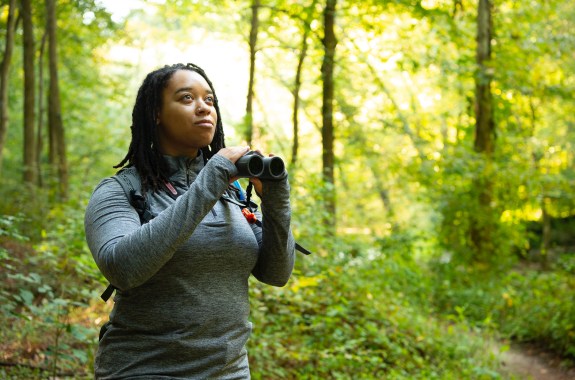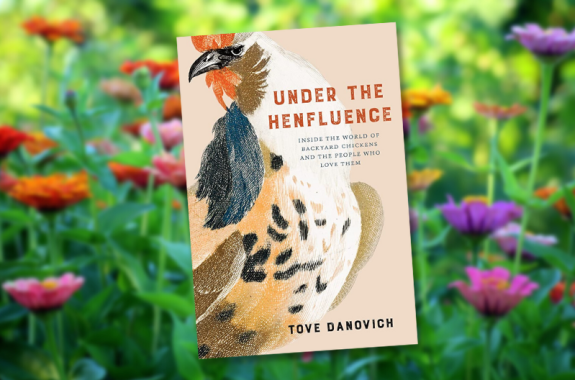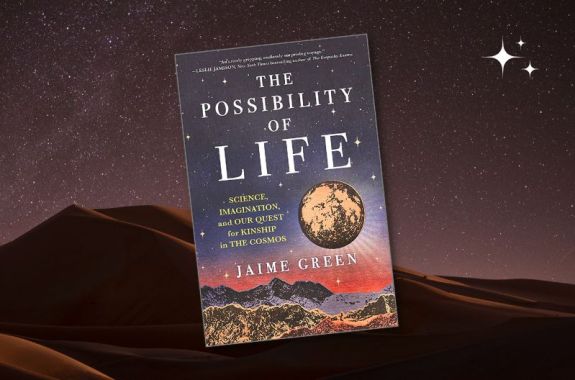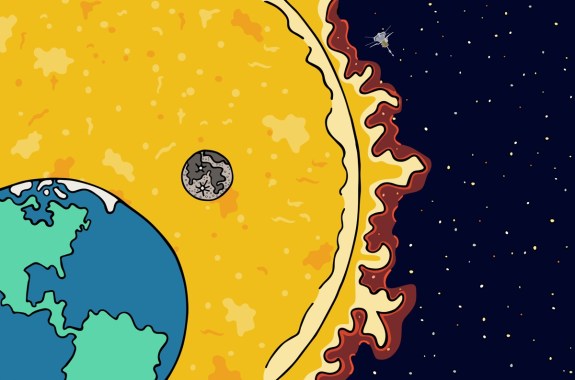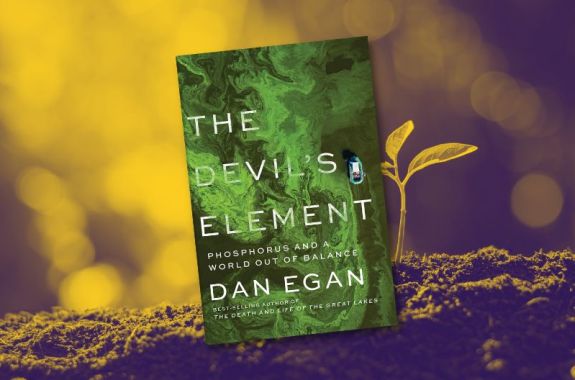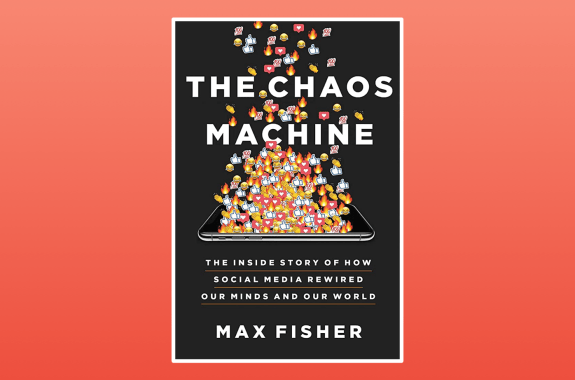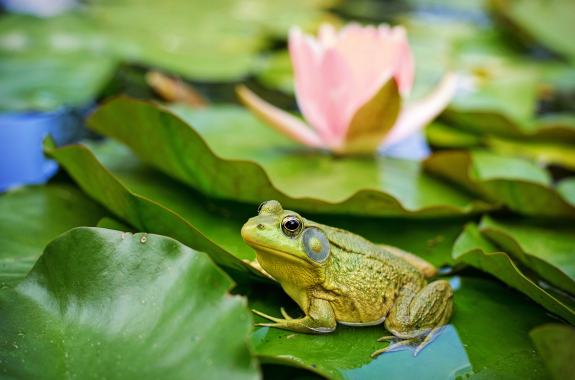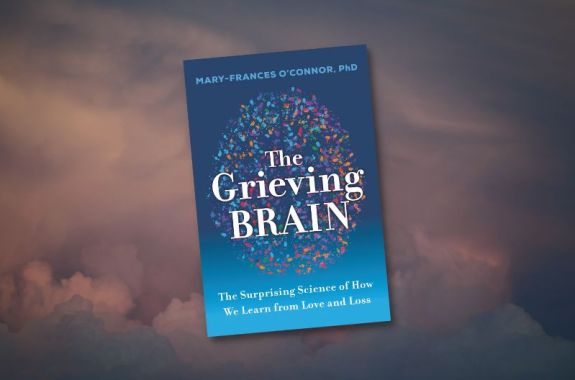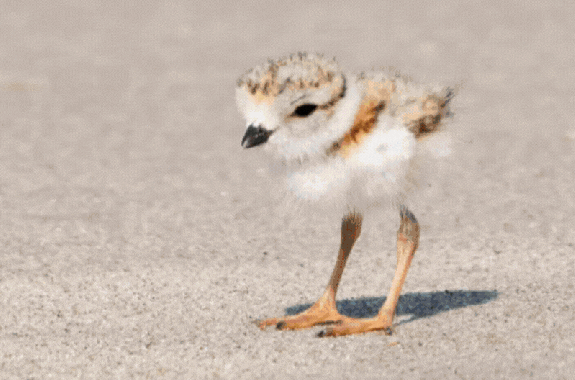Articles
Science Friday is your trusted source for news and entertaining stories about science.
Xiaodong Lin-Siegler On Failing Upward
Meet a scientist who studies how failure in the classroom can lead to success in life.
Introducing Our Limited-Run Newsletter ‘Sincerely, Science’
What does it mean to be a scientist? This newsletter delivers personal stories from professional scientists to your inbox.
The History And Science Of America’s Favorite Backyard Bird
Author Tove Danovich explains the wild history of chicken domestication and the surprising science of chicken intelligence.
AI For STEM Education
Enhance STEM education with resources and discussions that investigate the world of artificial intelligence, chatbots, and machine learning.
This Book Wants You To Think About Periods
Much of what we know about menstruation is wrong is because of societal biases. Kate Clancy hopes that her book will shed light on the truth.
How Artists Illustrate Exoplanets With Just A Few Data Points
We can’t visit exoplanets to take photos or videos, so artists take a few scant pieces of data to help us imagine new, otherworldly terrains.
How Young Learners Engaged With Sun Science At Home
A virtual camp with live Q&A and hands-on activities led to nearly 2,700 children learning about the physics of the solar system.
Mining For The Phosphorus Locked In Ancient Poop
Scientists once looked to fossilized feces to help fertilize new agriculture fields. But do the costs outweigh the benefits in the longterm?
How Utah Scientists Rang The Alarm About The Great Salt Lake
The shrinking Great Salt Lake puts Utah at risk of an ecological and public health emergency. Local scientists are stepping up, sharing actionable steps to help save it.
How Big Tech’s Obsession With Engagement Destabilized Society
Investigative journalist Max Fisher chronicles how social networks prioritized profits and ideals over society’s wellbeing.
Celebrate Biodiversity for Citizen Science Month
April is Citizen Science Month and Science Friday is an official partner! Join us for crowdsource science projects celebrating biodiversity.
Read ‘The Grieving Brain’ With The SciFri Book Club
Grief happens in our hearts, bodies and minds. Read about the neuroscience behind this profound human experience with us this March.
In This Science Fiction Book, A Planet Becomes A Character
In their forthcoming novel, ‘The Terraformers,’ author Annalee Newitz describes a far-away planet with recognizable problems.
Read ‘The Ministry for the Future’ With The SciFri Book Club
While we live on the precipice of global climate disaster, this work of speculative fiction creates a drama out of the near future.
‘The Ministry for the Future’ Imagines A Dark But Hopeful Future
In a novel described as optimistic and alarming, Kim Stanley Robinson writes for our endangered—but not ultimately doomed—world.
Animal Pests Are All About Perception
Bethany Brookshire’s new book explores what separates a pest from the rest.
Read ‘Beaverland’ By Leila Philip With The SciFri Book Club
This book gives space to all walks of life touched by beavers—with a lot of science tucked into every page.
Honoring The Deep Weirdness That Is The Beaver
How smart are beavers? Why did they start building dams? We may never know, but Leila Philip’s new book ‘Beaverland’ starts the conversation.
A Middle School Celebrates STEAM
Science Friday and Richmond Hill Middle School have partnered to bring you a series of middle school STEAM lessons designed to slide into any subject
The Best Of Science Friday, 2022
In a year of unpredictable news, science or otherwise, these are the stories that moved, inspired & fascinated Science Friday’s staff.

